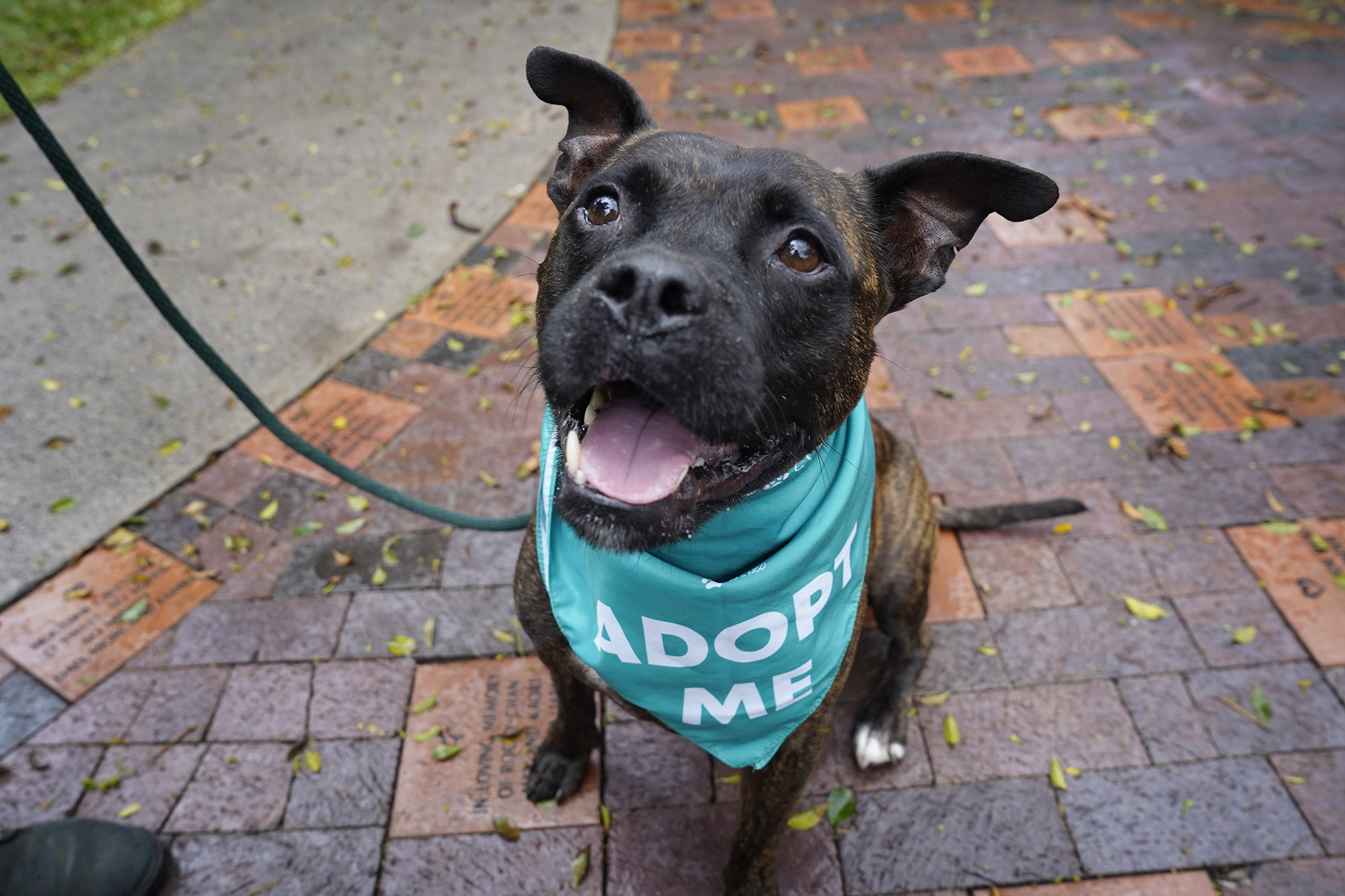A new study reveals that cats exhibit grief-like emotions after the loss of a fellow pet. However, it is still unknown if the felines mourn the loss of their human owners
read more
As we grieve the loss of a pet, we may not be the only ones feeling the pain. Research is showing that cats who are left behind when another animal in their home dies could be mourning along with us.
Grief is a well-documented human response to loss – but its roots may be far more ancient as
some scientists believe it evolved in extinct species of humans. Corvids – members of the crow family – primates, and marine mammals like dolphins and whales, have all been observed to change their behaviour when one of their own dies, from
carrying dead offspring for days, to staying close by the body, as if keeping vigil.
How do animals grieve?
One theory is that grief
is a by-product of the natural stress response to separation
seen in social animals. According to this idea, distress and searching behaviour probably evolved to encourage animals to reunite with lost group members, which was beneficial for survival. These responses persist when separation is permanent, like in death, leading to the enduring pain of grief.
While there’s
plenty of research on how losing a pet affects humans, much less is known about how cats cope with loss, something
recent research by US-based comparative psychologists Brittany Greene and Jennifer Vonk investigated.
Unlike typical social species, the cat’s wild ancestor was largely solitary. However, domestication has
reshaped their behaviour, enabling them to live in groups and form social bonds.
Green and Vonk’s study suggests that cats can grieve the loss of a fellow pet. In their study of 452 cats, many displayed signs of distress, such as increased attention-seeking, vocalising and reduced appetite, following the death of a companion. The study found that the strength of the bond between the animals, their time spent together, and daily interactions were key factors in this grief-like behaviour.
This study builds on
earlier research by animal welfare researcher Jessica Walker and her team in 2016, which examined how cats and dogs react to the loss of a companion. Walker’s study, conducted in New Zealand and Australia, found that 75 per cent of surviving pets showed noticeable behavioural changes, with cats showing increased affection, clinginess and anxiety-related vocalisations.
It should be noted that both studies relied on owner perceptions to assess changes in pet behaviour, which presents a potential problem. While pet owners are often the most attuned to subtle changes in their animals, their observations may also be influenced by their own grief and emotional state.
Is it really grief?
There is an alternative explanation for changes in behaviour the owners in studies observed after a companion’s death. The presence of a deceased animal can signal
danger in the environment, causing pets to change their behaviour as a safety measure, rather than being a grief response. Although this hasn’t been studied in domestic cats, 2012 research on
western scrub-jays revealed that seeing a dead member of their species can prompt alarm calls and behaviour aimed at avoiding danger, much like how they would react to a predator.
Similarly, a 2006
study on bumblebees found that they were less likely to visit flowers that contained a freshly killed bee or its scent, probably reducing their own risk of being attacked.
This suggests that what we interpret as grief might, in some cases, be a survival instinct. Some behaviour the owners in the studies noticed after the death of a companion, such as their cat hiding or seeking higher vantage points, could support this idea.
A question you might be asking is whether cats mourn the deaths of their owners. Though we would like to think that our cat would mourn our death, at the minute, we simply don’t know. There seems to be little to no research on how cats react to the death of their owner.
One unsettling behaviour that has been well documented upon death of an animals’ owner is the consumption of their remains. While cats often get a bad reputation for this, dog lovers should note that both cats and dogs have been known to scavenge human remains. In fact, pet dogs are
more frequently documented doing so. Some scientists suggest this behaviour might stem from hunger, but it has also happened when food
was plentiful. Another theory, better aligned with the idea of grief, is that scavenging might start as an attempt to revive an unresponsive owner. When nudging or licking doesn’t work, the animal may escalate to nipping or biting in an effort to
rouse them.
So the jury is still out on whether cats grieve in response to loss, or if are they responding to changes in their environment that we have yet to fully understand.
Grace Carroll, Lecturer in Animal Behaviour and Welfare, School of Psychology, Queen’s University Belfast
This article is republished from
The Conversation under a Creative Commons license. Read the
original article.
)








